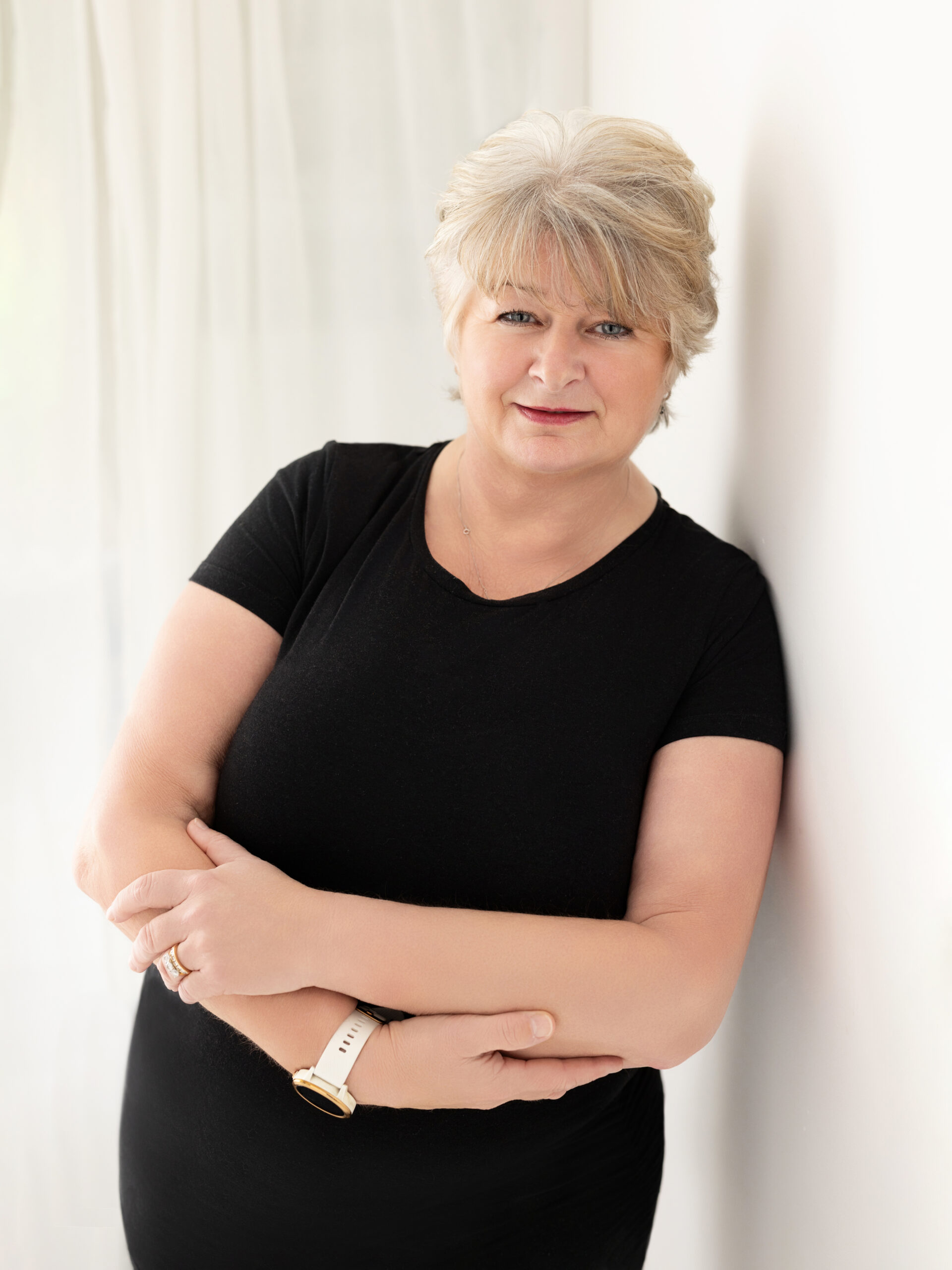
When people think about “exercise”, they often picture, gyms, treadmills, or structured classes. These are all fabulous. But movement doesn’t have to be formal. It can be built into the small moments or everyday life– at home, at work, with family, and even socially. For anyone going through or recovering from cancer, these little bursts of activity add up to real benefits for the body and mind, without adding the stress of another appointment and journey.
Research in the UK shows that even light activity during cancer treatment helps reduce fatiguw, maintain muscle strength, support lymphatic flow, and improve mood. It doesn’t have to be intense– it just has to be regular.
Here are some simple ways to get moving in daily life:
Getting Out and About
. • Try walking or cycling short distances instead of driving.
• Break journeys into smaller chunks with short walks or gentle mobility breaks. (This can help reduce risk of blood clots from sitting for too long)
• Use parks, gardens, or nature trails as gentle recovery spaces– green surroundings have added benefits for mood and stress.
“Every step outside is a step forward in recovery.”
At Home
. • Put on some music and dance around the kitchen– a few minutes here and there all count.
• Stand up during TV adverts or between episodes for stretches– comment and send me your email adress and I will sent you a simple foot programme
• Use the stairs instead of the lift wherever possible.
• Housework = hidden movement: vaccuming, gardening, cooking all keep you active.
“Home isn’t just for rest– it can be your movement playground.”
At Work
• Suggest walking meetings instead of sitting around a table.
• Stand, stretch, or squat during long office sessions.
• Set reminders to move every hour– even 2 minutes helps circulation and reduces stiffness.
• Start a movement trend with colleagues– challenge each other to step counts at work or lunchtime walks.
“Why sit when you can stand, stretch or stroll?”
Socially
. • Swap coffee catch-ups for short walks in the park.
• Plan social activities that involve light movement– bowling, dancing, mini golf, or arrange a gentle pilates session with friends.
• Educate others by sharing how movement supports recovery– you’ll inspire your circle to join in and support you.
“Make movement part of your social life, not separate from it.
With Kids
. • Join in their games– hopscoth, ball games, or even hide and seek all count as movement.
• Go for short bike rides or nature walks together.
• Children love copycat games: let them lead a mini “exercise class” at home.
“Kids don’t call it exercise– they call it play.
New Recreational Activities
• Explore new hobbies that gently raise your activity levels– tai chi, swimming, walking groups, or even gardening clubs (and remember in most areas there are specialist cancer rehab sessions, and these are often funded) I will leave details for East Suffolk and North Essex below.
• Trying something new can feel empowering and open fresh social circles.
• Keep it light at first, and build gradually as energy returns.
“Recovery is the perfect time to discover a new passion.”
Tips to Stay on Track
. • Movement Diary: jot down what you do each day– it’s motivating to see progress
• Movement buddy: having someone alongside keeps you accountable and makes it fun.
• Set small goals: “10 minutes more today” is more realistic than “an hour every day.”
• Listen to your body: pace yourself, especially if fatigue is present.
“Small steps, done often, build big change.”
Why Movement Matters During Cancer
Movement helps in more ways than people expect:
– It reduces fatigue (counterintuitive, but proven in research).
– Helps maintain bone and muscle strength.
– Supports lymphatic drainage and reduces risk of lymphoedema.
– Boosts mood, reduces anxiety, and imoroves sleep.
– Helps manage side effects of treatment like stiffness, weakness, or low energy.
“Movement is medicine for body and mind.”
Movement doesn’t have to be about gym sessions or long workouts. It’s about sprinkling activity into your day– at home, at work, with family, or out in the world. Every bit counts, and every bit helps.
So, write it down, share it with a buddy, and start setting the trend. The more you move, the more alive you’ll feel.
You can join 5K Your Way Park walks and runs– we have sessions in Clacton, Harwich and soon in Walton. We have Move Against Cancer sessions in Clacton and Harwich on the last Saturday of each month, visit 5kyw Clacton Seafront – 5kyw Move Against Cancer on Facebook or email clactonseafrontgroup@5kyourway.org
You can contact the Colchester Cancer Wellness Centre to find out about funded activities – esneft.cancerwell-beingcentre@esneft.nhs.uk or visit colchestercancerinformation.co.uk
Maggie Parkes at Clacton Leisure Centre is the cancer rehab instructor and also leads Back to Health sessions. These sessions need a referral from either the wellness centre, your gp or health practitioner. Maggie is awesome and you can contact her 01255 686694 or email mparkes@tendringdc.gov.uk
I run online sessions for breast cancer rehab and will also be offering cancer rehab sessions within the East Suffolk and North Essex area shortly. Please get in touch if you would like to book and appointment or need some guidance – 07767 384983 or email fi@therapyinmotion.co
